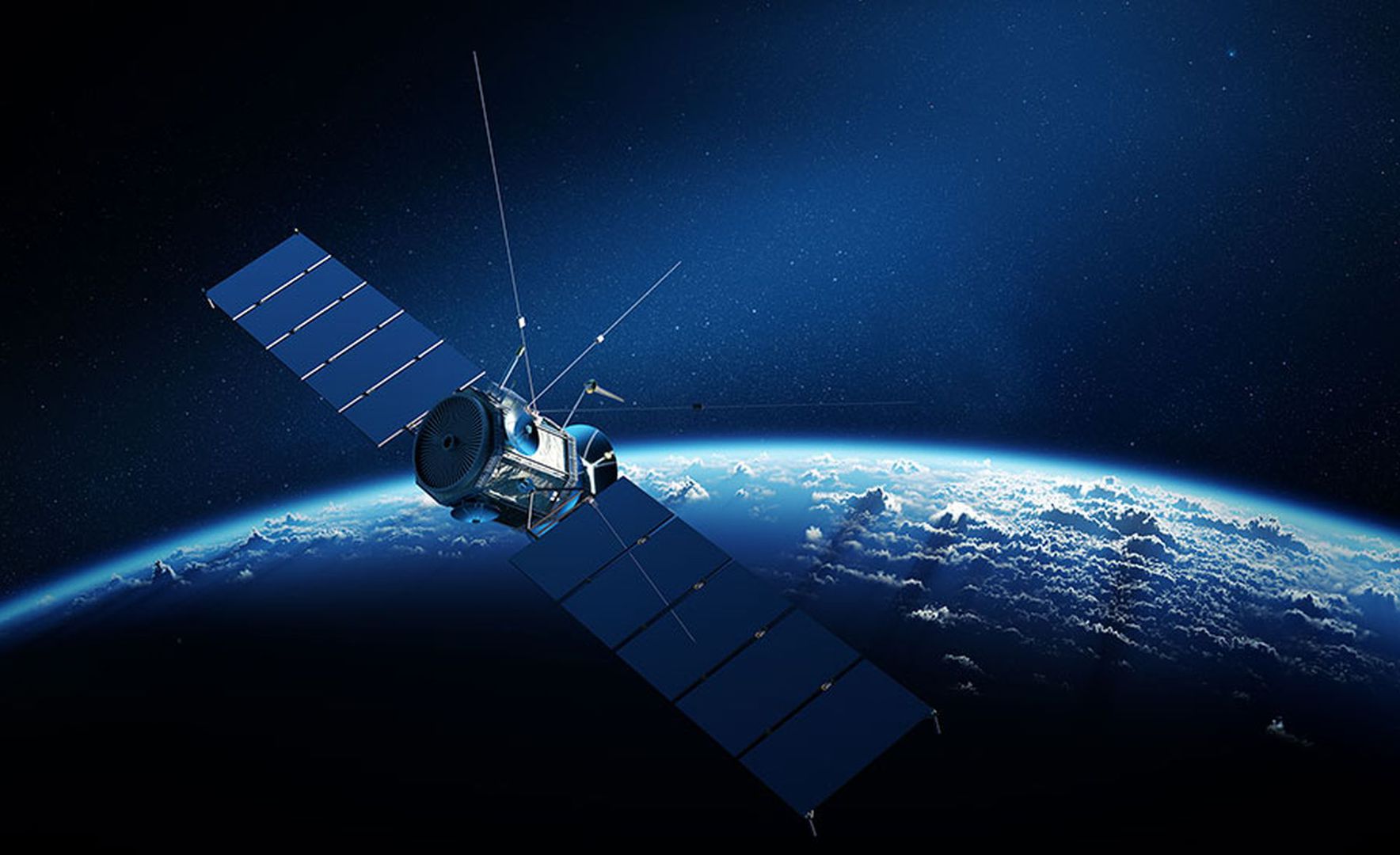China has stated the United States is in no position to unilaterally set thresholds for emergency collision after the US rejected the charge its Starlink satellites endangered China’s space station.
Foreign Ministry spokesman Zhao Lijian made the remarks at a daily news briefing on Thursday, saying such rhetoric by the US did not show a responsible attitude as a major country strong in aerospace.
Washington, in an official note verbale to the United Nations Office of Outer Space Affairs in Vienna on Jan 28, asserted the activities of the Starlink satellites “did not meet the threshold of established emergency collision criteria and emergency notifications were not warranted in either case.”
China’s permanent mission to the UN submitted a note verbale to the UN Secretary-General for safety reasons in December, saying Starlink satellites launched by SpaceX, a US company, have had two close encounters with the Chinese space station, which constituted a danger to the life and health of astronauts.
Zhao said China’s submitting relevant information to the UN was done to fulfill international obligations stipulated in the article 5 of the Outer Space Treaty.
As per the article, states parties to the treaty shall immediately inform other state parties or the UN Secretary-General of any phenomena they discover in outer space which could constitute a danger to the life or health of astronauts.
Zhao noted in the incidents of preventative collision avoidance, the US Starlink satellites were maneuvering continuously in orbit at an unspecified course.
“Chinese astronauts in orbit face real and urgent safety threats and China has to take preventative collision avoidance control,” Zhao said.
As to Washington’s claim Beijing didn’t use available channels to voice its concerns and seek to resolve them prior to the note to the Secretary-General, Zhao said China had tried multiple times to reach the US side by e-mail but received no reply.
Article 9 of the Treaty states in the exploration and use of outer space, including the Moon and other celestial bodies, states party to the treaty shall be guided by the principle of cooperation and mutual assistance.
They shall also conduct all their activities in outer space with due regard to the corresponding interests of all other parties to the treaty.
China has registered information about the space station with the UN, and released the parameters about the orbit of the Chinese space station on the website, Zhao said.
To safeguard the safety of China’s astronauts and space stations, Zhao said China stands ready to work with the US to establish long-term effective communication mechanisms.
He also expressed hopes the US would take concrete measures to avoid a reoccurrence of the incidents.
“China hopes all countries respect the international system of outer space underpinned by international law to jointly safeguard astronauts’ life safety, and secure and stable operation of space facilities,” he added.










